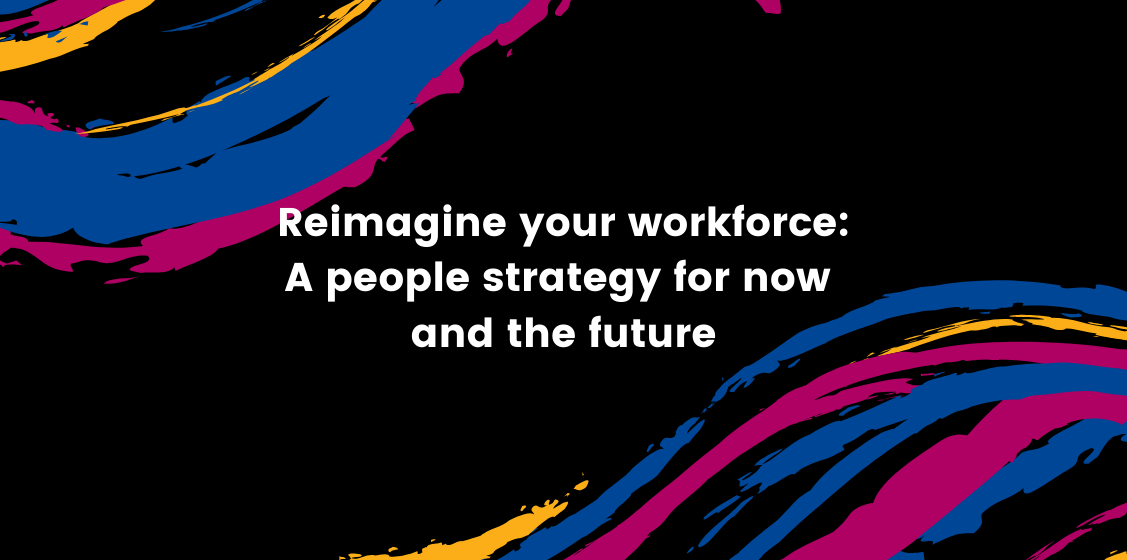Currently, there is an emerging business landscape with a rapid, yet inevitable, shift to a more digital world. This was already happening due to digital transformation and the fourth industrial revolution; the current pandemic is simply amplifying the magnitude of change, and accelerating the rate at which businesses need to adapt.
The role of a leader is being challenged like never before and decision makers are being forced to change their way of leading. In the words of Henry Kissinger, “the historic challenge for leaders is to manage the crisis while building the future”.
According to Mercer’s 2020 Global talent trends, executives’ “gut feeling” is that only 45% of their workers are capable of adapting to the future of work. So, how can businesses effectively build a workforce now that is suitable for the future?
The current business environment provides an opportunity for business leaders to take a closer look at their workforce – in particular early career talent. As we re-emerge into a new business landscape, it’s critical for businesses to have the right people in the right roles, with the right knowledge, skills and behaviours to succeed.
What does this mean for recruitment?
According to Housman and Minor of the Harvard Business School, ‘a toxic worker costs a business about $12,000 per year’; poor recruitment can also lead to underperformance, people being mismatched to their job role, absenteeism, and much more. Before any recruitment takes place, stakeholders need to know ‘what good looks like’ for their employees, job roles and the business as a whole, to help avoid these challenges.
As a result of the Covid-19 outbreak, businesses are likely to have gone through, and will continue to go through, several phases until we see the economy begin to recover. This is anticipated to bounce back by 15% in 2021 according to the Bank of England. Each phase will manifest in different ways including initial panic; short-term measures for business survival; planning for a return to business as usual; and long-term business plans for a post-crisis world.
When it comes to your workforce, businesses must look beyond the needs of today, to recruit for tomorrow. When business leaders consider the behaviours they want, need, and value in their leaders going forward, desirable traits may include resilience, flexibility and agility. How can this be filtered down into the competency and behavioural frameworks for early career talent? When recruiting, businesses need to ensure that the individuals on their Graduate and Apprenticeship programmes have the behaviours, stretch and capability to be their future leaders.
The current global shock will act as an impetus to reset and realign recruitment and development processes within businesses. This is particularly true when we consider our talent pipelines and early career recruitment strategies. Therefore, previously embedded competency frameworks and behaviours may no longer be aligned to business strategy and direction.
Establishing ‘what good looks like’ for your workforce?
Using over two decades of experience in workforce improvement solutions, Discovery have identified that benchmarking will enable you to identify the key competencies you need to measure throughout the recruitment process. This can ensure that you recruit people who align with the culture, key behaviours, and core values of the business.
Now is the time to reimagine your workforce, to be ready for the new working world.
Discovery are working with companies to support them in making better decisions about their workforce. We work with senior stakeholders to align the people strategy with their business strategy for a new world. This results in better recruitment and development ensuring you have the right people to move your business forward now and in the future.
We’re extensively known for exceptional early career recruitment solutions. To combat Covid-19 related issues, we have adapted our services to enable businesses to continue to benefit from great talent.













